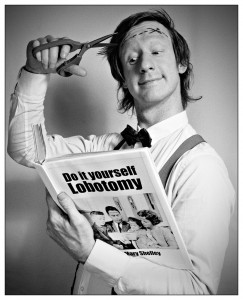Second or third marriages can be very fulfilling, but they also bring their own set of challenges when it comes to estate planning. There could be children from previous relationships and children that have been born into the new marriage. If both parties were previously divorced, this can complicate property and other assets that have been brought into the marriage.

(Photo Credit: revealedintime.blogspot.com)
You want to approach this issue by thinking about your individual estate planning goals first. Your assets, like investments, retirement plans, brokerage accounts, jewelry, cars, and houses, should all be considered. If you have not recently updated your beneficiary designations, you will want to consider whether your goals have changed as a result of a new marriage. Frequently people forget to update the beneficiaries on these important accounts after getting remarried, so it’s important to schedule an annual review with your estate planning specialist so that your documents always reflect your most current goals.
If there are certain items that you want your children to receive, make sure that you clearly note these items in your estate planning documents. Leaving all of the property to the surviving spouse may not be the best approach because it doesn’t ensure that those children will actually receive those benefits. In many cases, it’s most appropriate to use trusts to provide for the spouse while making separate plans for the children to receive the property. To learn more about our special planning for blended families, reach out to us through email at info@lawesq.net or contact us via phone at 732-521-9455.




